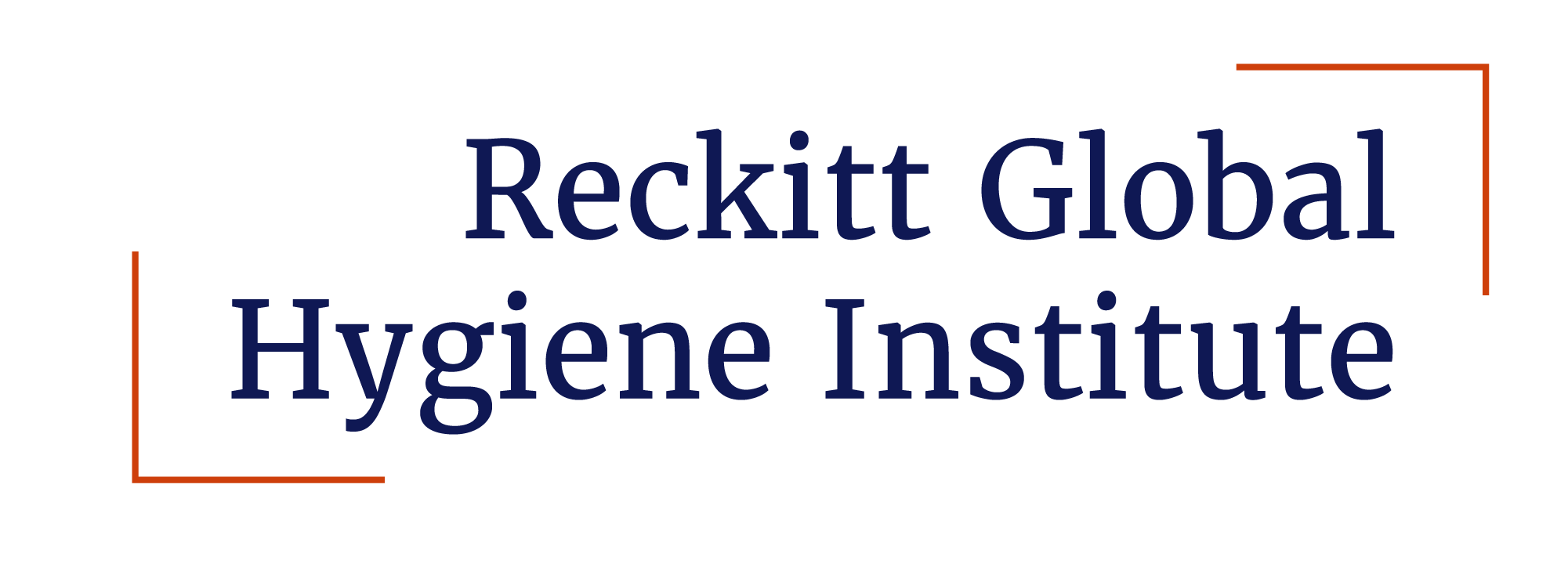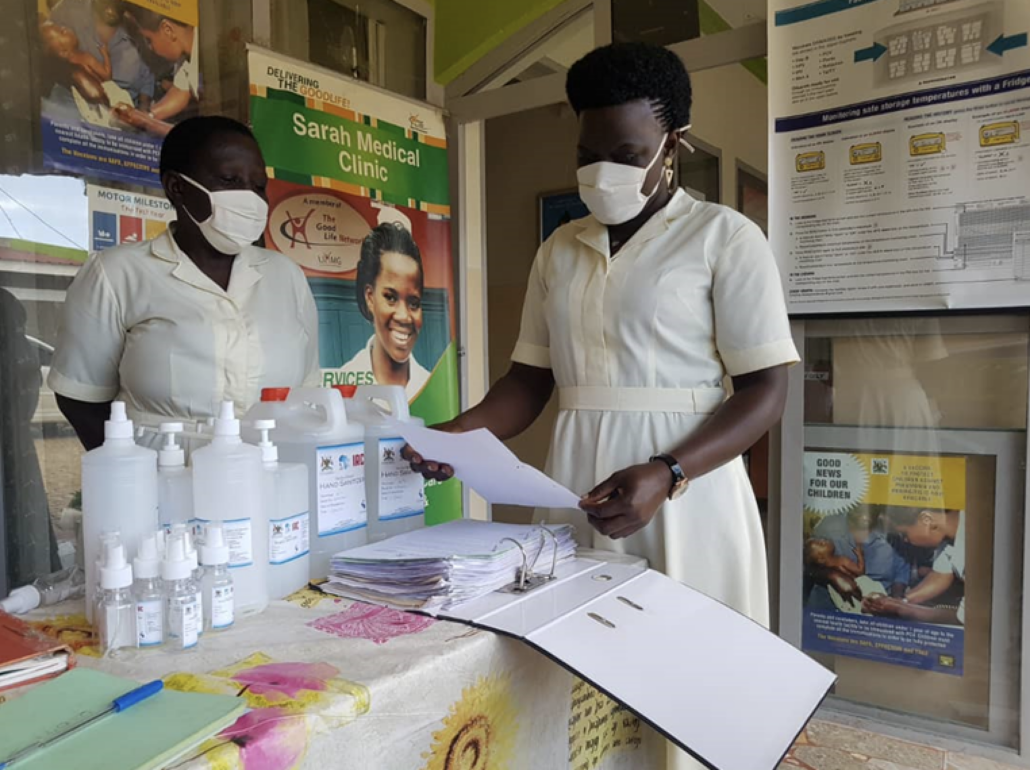Cleancare Consortium: Collaboration Accelerator Award Announcement
13 May, 2025
Translating hygiene research into impactful policy is a critical yet complex challenge in improving global public health. Despite researchers consistently generating robust findings, a collaboration gap between research and policy communities often leaves evidence underutilised. RGHI’s Collaboration Accelerator Award (CAA) is designed to foster partnerships between researchers, policy, and practice communities to bridge the gap between evidence and action, transforming knowledge into real-world impact.
Click here to read more about the Collaboration Accelerator Award.
The selected projects this year represent innovation and dedication to addressing hygiene challenges within healthcare systems in low-and middle-income countries (LMICs). Both projects were chosen for their potential to create lasting global change by improving hygiene conditions and collaborating with key stakeholders to ensure a sustainable impact.
Cleancare Consortium – Infectious Disease Institute
Led by the Infectious Diseases Institute, this project from the CleanCare Consortium is addressing the critical issue of hospital-acquired infections (HAIs) by improving hygiene practices in healthcare settings. In partnership with the Ugandan Ministry of Health and the U.S. Centers for Disease Control and Prevention, this initiative is addressing one of the most pressing but under-recognised threats to health in low and middle-income countries.
Why This Research Matters
In Uganda alone, an estimated 422,000 HAIs occurred in 2022, leading to over 43,000 deaths, many of them preventable with simple hygiene interventions such as improving hand washing and surface cleaning practices. The burden is intensified by rising antimicrobial resistance and weak hygiene infrastructure in many healthcare settings, especially post-natal and surgical wards where patients are most vulnerable.
To tackle this crisis, the Cleancare Consortium is developing and piloting evidence-based hygiene bundles, a package of proven hygiene practices adapted for local contexts. These bundles aim to significantly improve hand and surface hygiene in Ugandan healthcare facilities, especially where infection prevention and control programs are currently inadequate or non-existent.
The Power of Collaboration
RGHI emphasises the importance of collaboration and at the heart of the work, there is clear evidence of this. The CleanCare Consortium brings together a powerhouse of expertise:
- IDI Uganda (Infectious Diseases Institute): Leads on implementation, utilising established relationships with healthcare facilities to drive training and behaviour change interventions for environmental cleaning.
- The CDC team (U.S. Centres for Disease Control and Prevention): Contributes by providing technical guidance and supports evidence generation, including the development of monitoring tools and evaluation frameworks that ensure interventions are data-driven and scalable.
- Uganda’s Ministry of Health: Aids in embedding the consortium’s work into national systems. Their involvement ensures alignment with national policies and helps translate learnings into national WASH and IPC guidelines.
This team is working to:
- Identify barriers to surface and hand hygiene practices among healthcare staff in resource-constrained settings.
- Establish a context-appropriate approach to improve surface and hand hygiene practices.
- Evaluate the impact on hygiene compliance and infection rates.
Despite existing national WASH guidelines, over 50% of hospitals and County-level Health Centres, known as Health Centre IVs, in Uganda still lack basic environmental cleaning protocols and staff training, gaps which the Cleancare Consortium is actively addressing to improve patient outcomes and inform national policy.
“By bringing together IDI Uganda, the CDC, and Uganda’s Ministry of Health, this project exemplifies how targeted collaboration can transform hygiene practices where they’re needed most. The staggering number of preventable infections and deaths in Uganda alone demonstrates why this work matters. Through evidence-based hygiene bundles tailored to local contexts, this team isn’t just conducting research—they’re building solutions that can immediately save lives while creating sustainable systems for long-term impact. We’re proud to support a project that will directly improve patient outcomes in vulnerable healthcare settings and potentially reshape national infection prevention policies.”
- Sarah Roberts, RGHI Executive Director
Follow us on LinkedIn and BlueSky for further insights into these exciting initiatives and continued updates on how RGHI is driving change in the field of hygiene.
Livia Mulligan, RGHI Communications Assistant


 Clean Hands by Arlington County (CC BY-SA 2.0 https://creativecommons.org/licenses/by-sa/2.0/)
Clean Hands by Arlington County (CC BY-SA 2.0 https://creativecommons.org/licenses/by-sa/2.0/) 